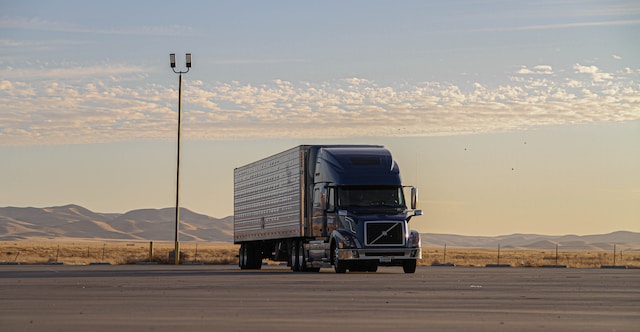Truck accidents can result in devastating consequences, and determining liability is a crucial aspect of the aftermath. In Texas, like in many other states, various parties may share responsibility for a truck accident. Understanding the complexities of liability is essential for accident victims seeking compensation and justice. Here’s a closer look at the key factors that contribute to determining responsibility in Texas truck accidents.
Legal Considerations in Texas
Texas follows a “modified comparative fault” rule. This means that if the accident victim is found partially at fault, their compensation may be reduced. For example, if the victim is deemed 20% responsible, their awarded compensation will be diminished by this percentage.
The modified comparative fault rule sets a threshold in a victims ability to receive compensation. If the victim’s responsibility surpasses 51%, they are barred from recovering damages. Below this threshold, compensation is possible but diminished based on the assigned percentage of fault. Understanding how this rule applies is crucial in assessing liability.
In cases where multiple parties share responsibility, Texas employs joint and several liability. This means that each responsible party can be held individually liable for the full extent of damages. Joint and several liability introduces a layer of complexity, especially when determining each party’s degree of fault. An experienced Austin truck accident lawyer is instrumental in navigating this complexity, ensuring that victims have the best chance of receiving the compensation they deserve.
Driver Negligence
Driver negligence stands out as a prominent factor contributing to truck accidents. When a truck driver fails to uphold their duty of care on the road, the consequences can be severe. This includes:
- Speeding: Excessive speed is a common issue in truck accidents. When a driver exceeds the speed limit or drives too fast for road conditions, their ability to react to unexpected events diminishes, increasing the risk of accidents.
- Distracted Driving: Distractions, whether from mobile phones, in-cab technology, or other sources, divert a driver’s attention from the road. In the context of a massive truck, even a momentary lapse in attention can lead to catastrophic results.
- Fatigue: Long hours on the road can lead to driver fatigue. Fatigued drivers are less alert, have slower reaction times, and are more prone to making critical errors behind the wheel.
- Driving Under the Influence (DUI): Operating a truck under the influence of alcohol or drugs is not only illegal but significantly increases the likelihood of accidents. Impaired judgment and compromised motor skills pose a severe threat to road safety.
Additionally, truck drivers are obligated to follow traffic laws. Violations such as running red lights, failure to yield, or improper lane changes can establish the driver’s negligence in causing the accident.
Trucking Company Responsibility
The trucking company plays a significant role in determining liability. If the company fails to conduct thorough background checks, hire qualified drivers, or provide adequate training, they may share responsibility for accidents involving their trucks.
The condition of the trucks operated by a company significantly impacts road safety. When maintenance is neglected, and mechanical issues arise, the trucking company may be held responsible for resulting accidents:
Regular Maintenance Schedule: Responsible trucking companies adhere to regular maintenance schedules for their fleet. This includes routine checks on crucial components such as brakes, tires, lights, and engine systems. Failure to implement and document these maintenance practices can be deemed negligence.
Prompt Repairs: Addressing identified issues promptly is crucial. If a trucking company delays or neglects necessary repairs, they heighten the risk of mechanical failures on the road, putting not only their drivers at risk but also endangering other motorists.
Compliance with Safety Regulations: Trucking companies must comply with federal and state safety regulations. This involves ensuring that vehicles meet specific safety standards and that maintenance practices align with regulatory requirements.
Third-Party Liability
Sometimes, the accident might be caused by a defect in the truck itself. In such cases, the manufacturer or distributor of the faulty part could be held liable for the resulting damages.
If the accident was caused by improperly loaded or secured cargo, the responsibility may fall on the party responsible for loading the truck or the entity that owns the cargo.
Seeking Legal Counsel
Navigating the complexities of liability in Texas truck accidents requires legal expertise. Experienced Louisville personal injury lawyers specializing in truck accidents can assess the details of the case, identify responsible parties, and guide victims through the legal process. Ultimately, holding the right parties accountable is essential for ensuring that victims receive the compensation they deserve and promoting safer practices in the trucking industry.



No Comment